Suffrage Science award for Royal Academy of Engineering CEO

#InternationalWomensDay #IWD2021 – @RAEngNews Chief Executive Dr Hayaatun Sillem CBE will tonight be honoured with a Suffrage Science Award from the MRC London Institute of Medical Sciences for her leadership in promoting diversity and inclusion in the engineering profession. Dr Sillem will join 11 other distinguished awardees at an online celebration on Monday 8 March 2021, which marks both International Women’s Day and the tenth anniversary of the awards.
Dr Sillem was nominated for the award by Professor Karen Holford CBE FREng, Deputy Vice Chancellor of Cardiff University and Chair of the Academy’s Research Committee. This will be the fifth Suffrage Science awards for Engineering and Physical Sciences. Professor Holford will present the award, which takes the form of a specially commissioned heirloom piece of jewellery that is passed on from each cohort of awardees to the next.
The Suffrage Science Awards celebrate women in science for their outstanding scientific research, communication work, and support of women in STEM. The awards scheme is divided into three branches; ‘life sciences’ – founded in 2011, ‘engineering and physical sciences’- founded in 2013, and ‘maths and computing’ – founded in 2016. Each branch has two associated pieces of jewellery which are passed on from one awardee to the next. The recipient of the jewellery is chosen by the current holder of the award. This generates an extensive ‘family tree’ of incredible scientists and communicators. The unique pieces of jewellery were commissioned from students of the art and design college Central Saint Martins-UAL, who worked with scientists to create pieces inspired by research and the Suffragette movement, from which the scheme takes its name.
Professor Karen Holford said: “Dr Hayaatun Sillem is a truly inspiring leader who is changing the face of engineering in the UK. She is unapologetically passionate about using her voice to champion others, especially those from underrepresented groups in society. She is the first female Chief Executive of the Royal Academy of Engineering and is bringing her passion for diversity and inclusion to address positively the diversity deficit which exists in the profession. What I really admire about her is her passion and determination to drive positive change and to positively challenge the status quo – Hayaatun has extensive leadership experience in UK and international engineering and innovation policy and programmes and she uses this experience to extremely good effect to drive the UK engineering community to shape the world with a shared vision for positive change.”
Suffrage Science pioneer Professor Dame Amanda Fisher said: “We dreamed up the awards scheme to celebrate the contribution that women have made to science, which often gets overlooked. This is as important now as it was ten years ago. This year’s awardees join a community of over 148 women scientists. I’m thrilled that since 2011, the awards have travelled from the UK, across Europe to the USA, Hong Kong, Iran and to Ghana, illustrating the international nature of science and engineering, and the global effort to improve the representation of women in STEM.”
The 2021 Engineering and Physical Sciences award winners are:
Dr Gaitee Hussain, European Space Agency, The Netherlands
Professor Syma Khalid, University of Southampton, UK
Professor Natalie Stingelin, Georgia Institute of Technology, USA
Professor Ina van Berckelaer-Onnes, Leiden University, The Netherlands
Dr Hayaatun Sillem CBE, Royal Academy of Engineering, UK
Professor Ruth Cameron, University of Cambridge, UK
Dr Elin Röös, Swedish University of Agricultural Sciences, Sweden
Dr Maria Dolores (Lola) Martín Bermudo, Centro Andaluz de Biología del Desarrollo, Spain
Dr Samaya Nissanke, University of Amsterdam and Nikhef, The Netherlands
Professor Gerjo van Osch, Erasmus University Medical Center, The Netherlands
Professor Valérie Orsat, McGill University, Canada
Dr Mary Anti Chama, University of Ghana, Ghana
The current Engineering and Physical Sciences award holders (2019) are:
Professor Moira Jardine, University of St. Andrews, UK
Dr Sarah Harris University of Leeds, UK
Professor Roisin Owens University of Cambridge, UK
Professor Tiny De Keuster, Ghent University, Belgium
Professor Karen Holford CBE FREng, Cardiff University, UK
Professor Serena Best CBE FREng, University of Cambridge, UK
Dr Tara Garnett University of Oxford, UK
Dr Isabel Palacios, Queen Mary University of London, UK
Professor Amina Helmi, University of Groningen, The Netherlands
Professor Sue Kimber, University of Manchester, UK
Professor Marzieh Moosavi-Nasab, Shiraz University, Iran
Professor Melinda Duer University of Cambridge, UK
To further commemorate the tenth anniversary of Suffrage Science, the MRC LMS have launched ‘The Suffrage Science Podcast: How women are changing science’, hosted by Dr Kat Arney and produced by First Create The Media with audio production by Georgia Mills. Episodes will be available on Apple Podcasts, Amazon, Google, Spotify and other podcast platforms.
For more information please contact:
Jane Sutton at the Royal Academy of Engineering
T: 020 7766 0636
Notes for editors
- MRC London Institute of Medical Sciences is an Institute of the Medical Research Council, part of UK Research and Innovation. It is a vibrant research environment in which scientists and clinicians collaborate to advance the understanding of biology and its application to medicine. LMS research programs are focused in three sections: Epigenetics, Genes and Metabolism, and Quantitative Biology. https://lms.mrc.ac.uk/
- About the jewellery
Pendant by Ying Lola Lou
“I used cells and tissue scaffolds as icons to represent the twelve individual winners, and the Medical Research Council. Bringing together women through the Suffrage Science scheme has created a network that contributes to mankind. Embedded in the pendant are round and oval shaped stones of white moonstone, purple amethyst and green peridot minerals – the colours of the Suffragettes.”
Brooch by Diana Dong
“The strength, belief and courage that exists deep within each woman’s heart, is the inspiration for the brooch. The display device is designed to incorporate the magnetic levitation principle. Magnets will be installed in the base of the display device and the bottom of the brooch, which will make the brooch suspend in mid-air.”
- The Royal Academy of Engineering harnesses the power of engineering to build a sustainable society and an inclusive economy that works for everyone. In collaboration with our Fellows and partners, we’re growing talent and developing skills for the future, driving innovation and building global partnerships, and influencing policy and engaging the public. Together we’re working to solve the greatest challenges of our age.

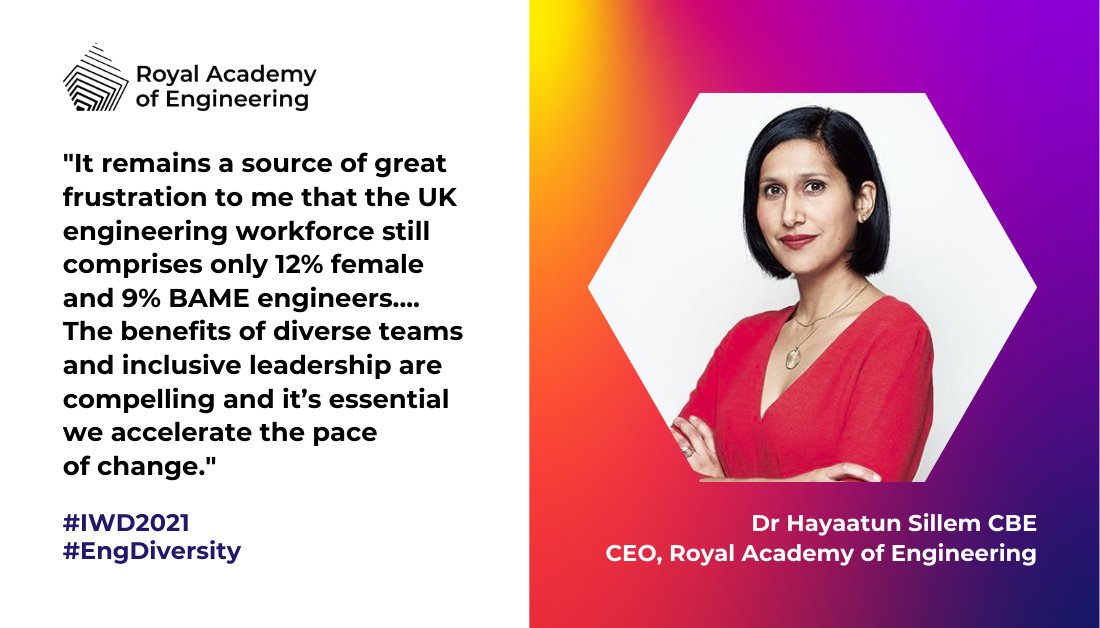


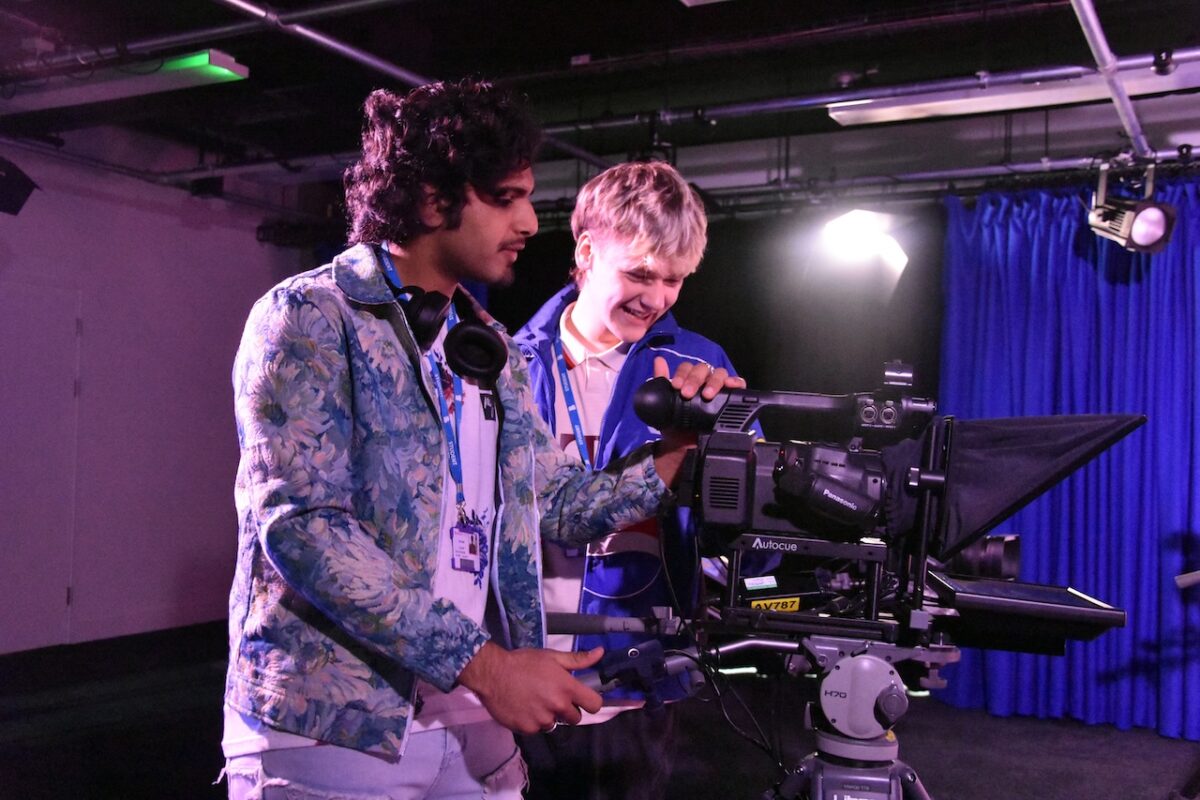
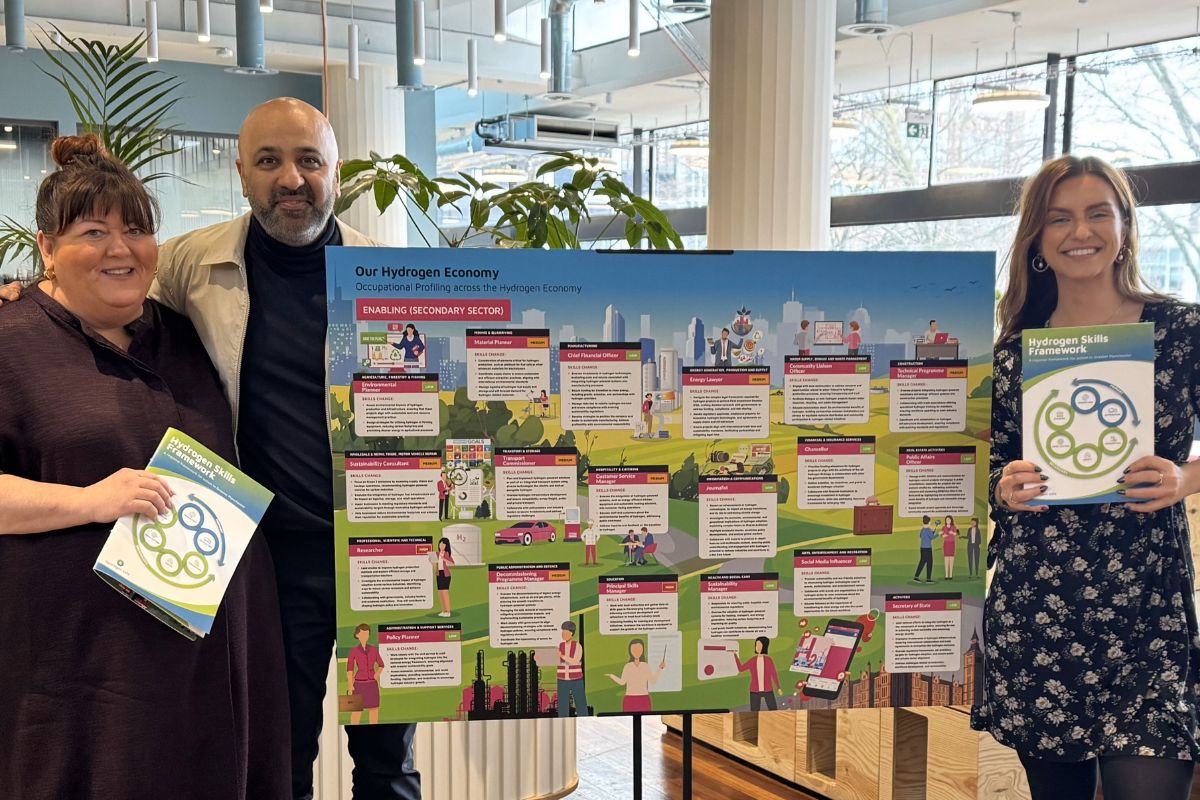

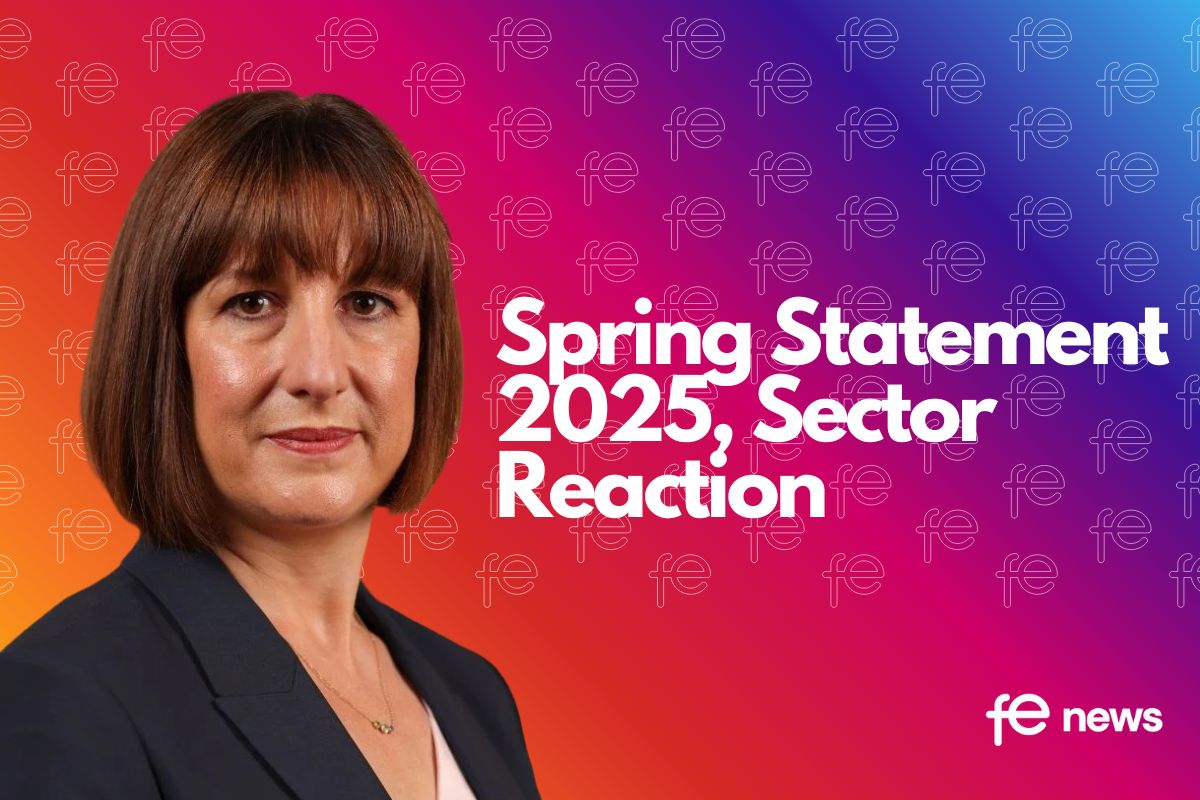
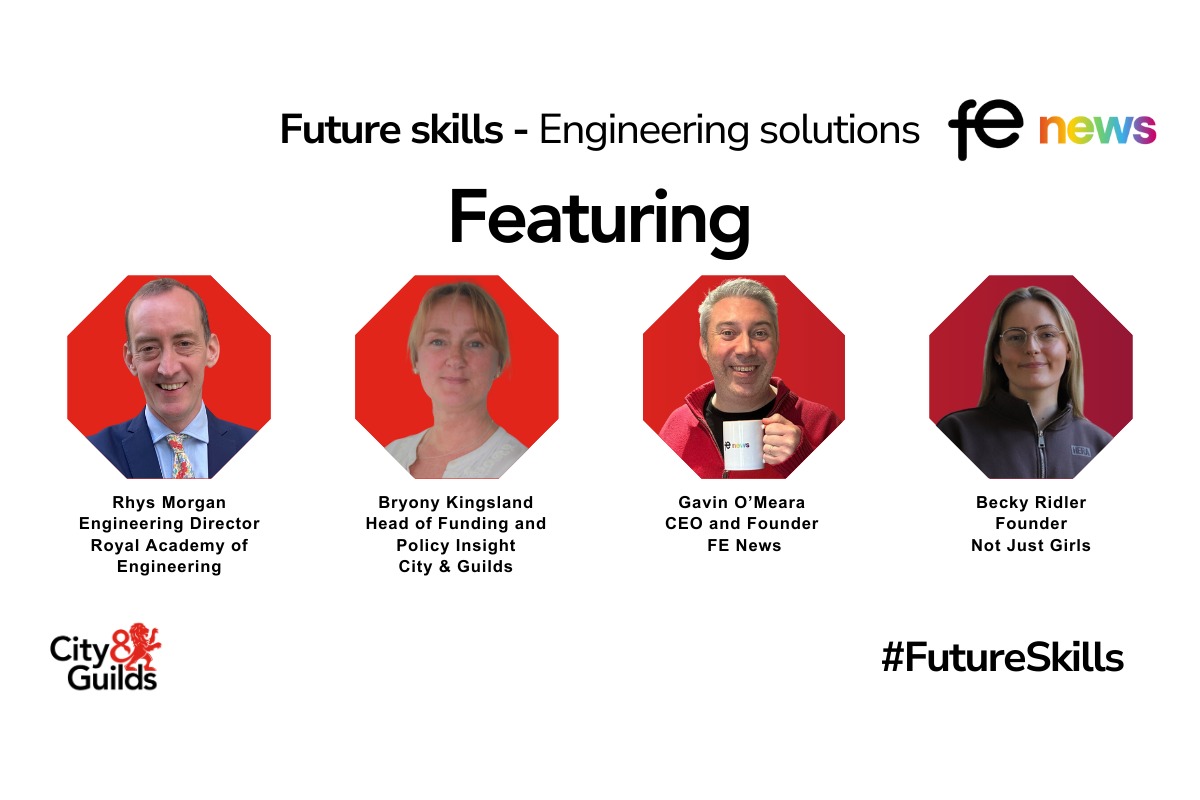

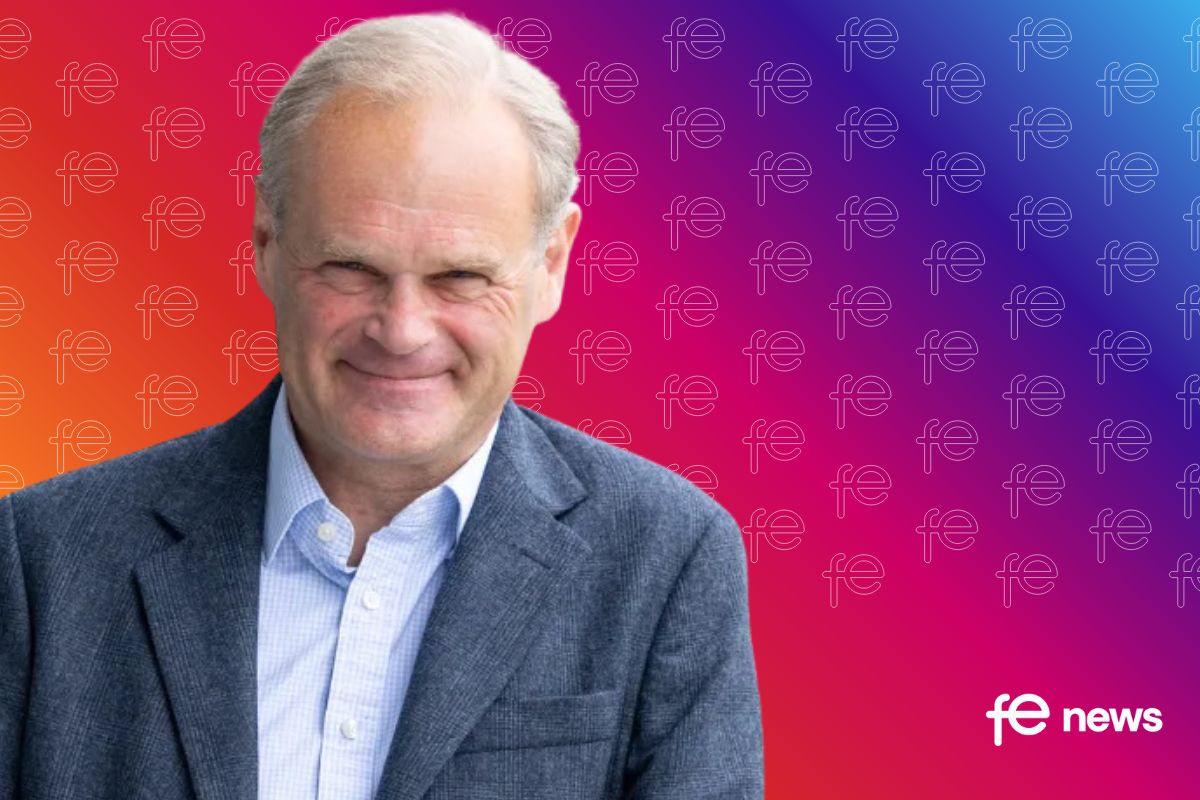

Responses